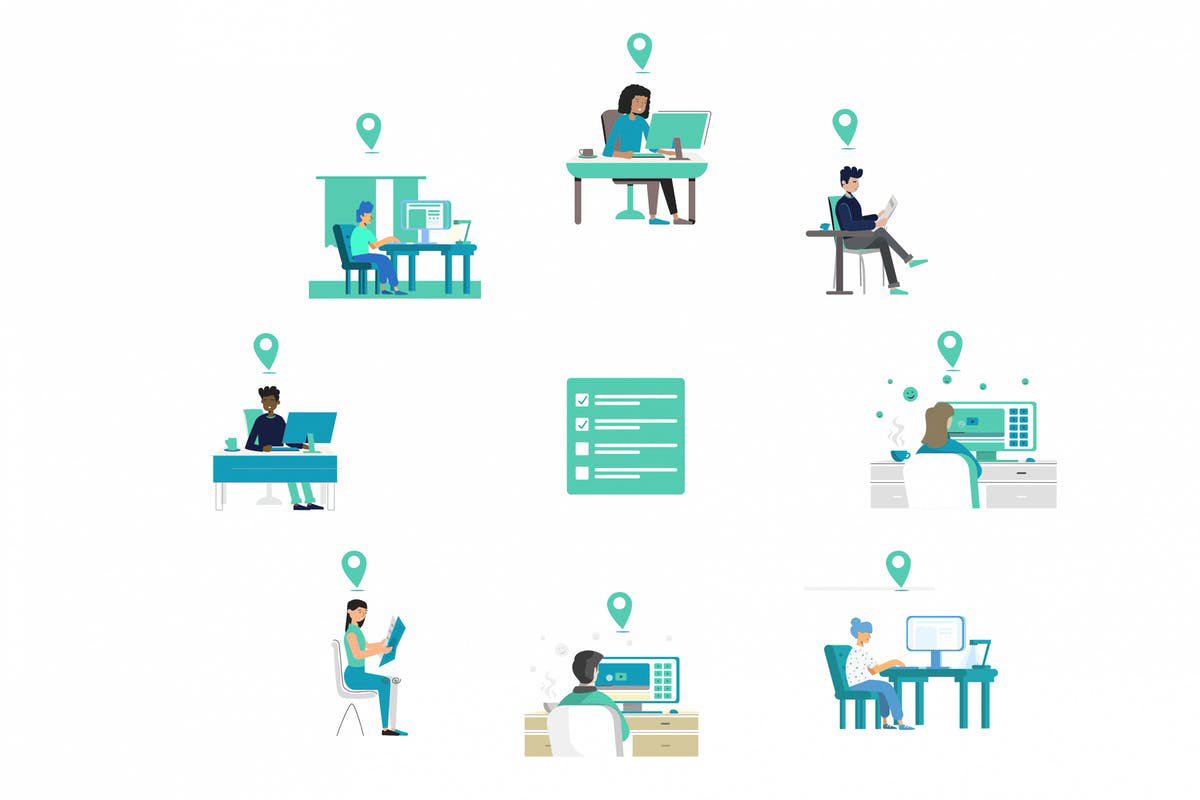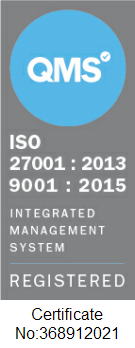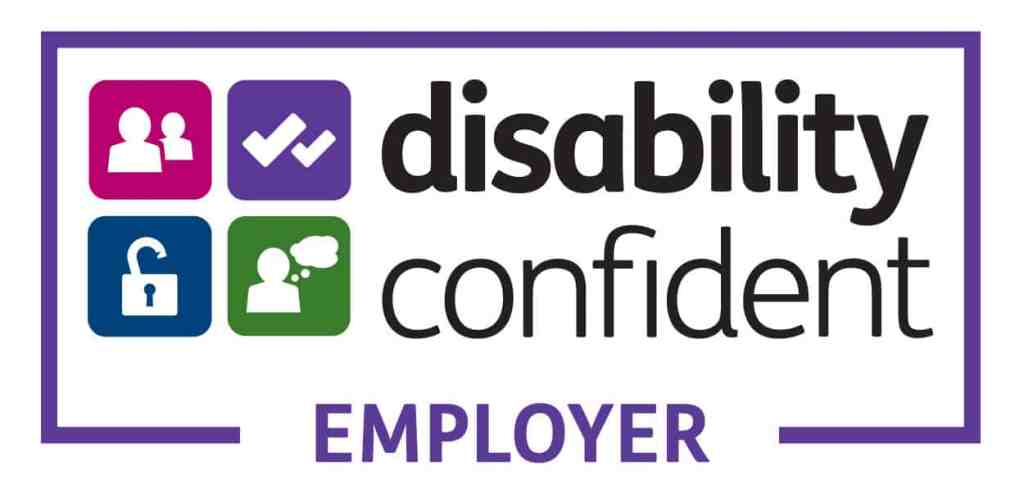From: March 2020 (pre lockdown)
Things are getting a little worrying out there, and the focus is quite rightly shifting to keeping people safe and healthy. Working remotely is now something every business across the country is implementing, some of whom will never have worked this way before. And it can be a daunting prospect allowing your staff to work unsupervised, self-motivated, and with the TV remote hovering temptingly close-by.
However, enabling remote working can be a really powerful thing. Working in a comfortable environment, without the distractions of your colleagues talking to or around you, without the office phone ringing, without Dave from Accounting laying another document for sign off over your keyboard as you type… (back off Dave). Not only can it be more productive, it can help reduce elements like stress and burnout by reducing commuting times, working in a quieter and perhaps less pressured environment, and allowing a little more personal control around ways of working.
It’s also the ideal option for organisations in the current circumstances. Finding a way to get your staff working remotely will help to mitigate any disruption, and that’s not just for you internally, it will keep your suppliers with what could be much-needed work, and will ensure you can still provide services to your clients. It allows for (as much as I dislike this phrase) business continuity, and very firmly keeps the wheels on the bus going round.
It can still hit bumps in the road, and not every company will feel ready to allow their staff to work remotely, but here are some of our top tips to help remote working feel a little more comfortable:
Communicate
Seems obvious, but I’ve heard of organisations who send their staff to work from home and then leave them hanging without any further updates or advice. Some people will be self-starters and will be able to organise their own workload, others could feel a little lost. Make sure your team understands what they need to do, what their objectives are, and what you expect of them. Not everyone in your workforce will be tech savvy either, so make sure everyone knows how to work remotely, and what they need to do to stay connected.
It’s also important that you simply check-in with your team, and make sure they are keeping safe, well, and don’t have any burning questions that could be keeping them feeling unsettled or anxious.
Centralise
Again, feels a little obvious, but making sure everyone in the team is able to clearly see how projects are progressing, what other people are working on, and outstanding tasks that need completing is really important. Not only does it help keep everyone on the same page and keep everything moving in real-time, but being able to see that things are progressing despite the new circumstances will help to keep everyone motivated. Utilising tools like Trello or Jira (no this isn’t an advert…) will keep everyone updated, and provide a bit more of a community feel.
Collaborate
Using tools like G Drive or Teams (no really… this is NOT an advert) where you can collaborate on documents in real time again can really help create that feeling of working with your colleagues, no matter how remote you are. Creating documents that are ‘alive’ will also help the flow of working moving along at a steady pace, with your team able to work on the same documents at the same time, and actively work together on building a finished product, as you would sat together in an office. Make the most of the other amazing software out there for video and conference calls to keep communication going, and allow consistent collaboration.
Trust
This is the biggy. Remote working will only ever work if there is a mutual agreement of trust between an organisation and their employees. Employers need to have faith in their teams that they will get up and crack on as normal, stay motivated, and perform as if they were in the office. It can be tempting to ring them every hour to check they are still on their laptop and not nursing a pint at The Winchester, but if you show your staff that you trust them to deliver as normal, they will reward you for it. If someone feels like you don’t trust them to work at home, the chances are they will go ahead and binge watch Game of Thrones for the 3rd time, because you don’t trust them anyway, right?
We’re lucky enough at Nimble to be able to have developed a well-structured, flexible and positive response to the changes headed our way, and we’re confident we can navigate the tough times and keep the Nimble revolution going strong. If there is anything we can do to support you and your organisation to allow you and your teams to work remotely and keep working during this difficult period, please don’t hesitate to get in touch!
















